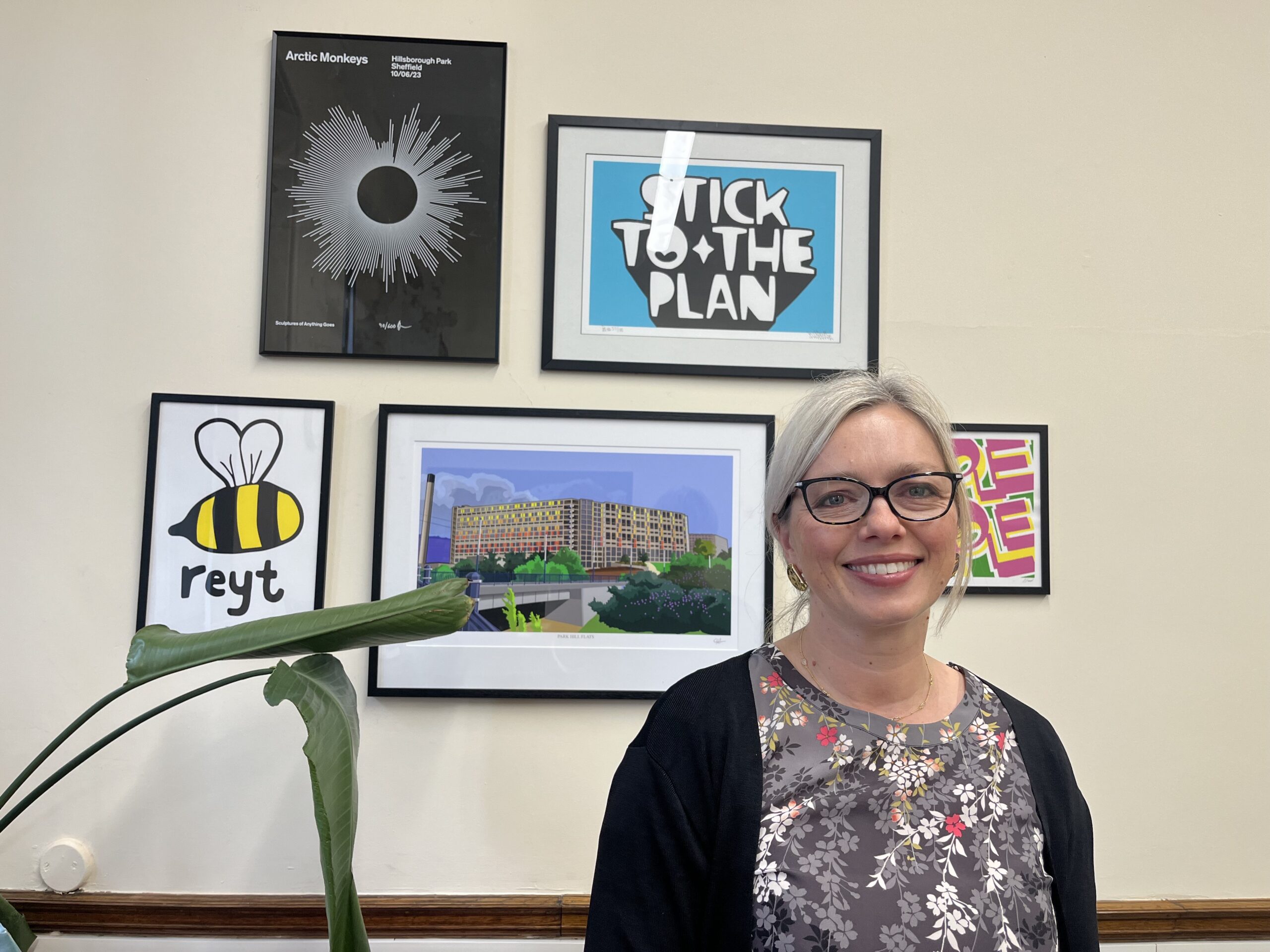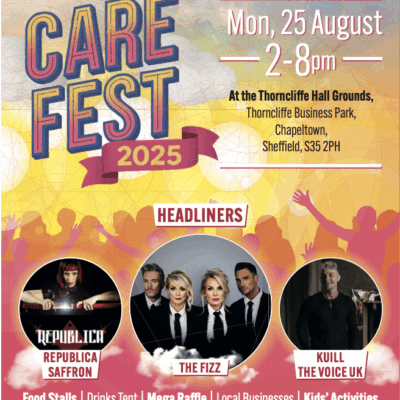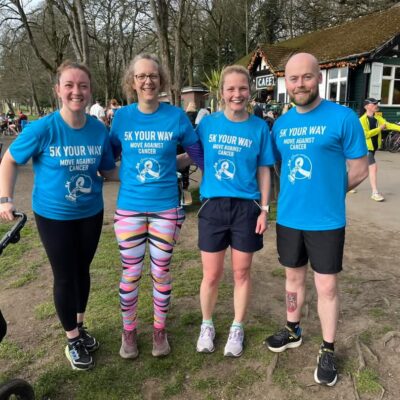Sheffield is recognised for its strong female leadership, with women leading key industries and organising major events, and shaping the city’s future.
Kate Joseph, chief executive of Sheffield City Council, leads the organisation, overseeing the city’s operations, championing diversity, and ensuring Sheffield is promoted.
In an exclusive sit down with Shef Live, Ms Joseph said: “Leaders who are accessible and human, who spend time with you, not in their ivory tower, but are out and about, meeting people who listen.
“Those are the things that I think, when I look around the city at the moment, I feel really inspired by and proud to be a little part of that.”
For the next generation growing up in Sheffield, female leadership isn’t just an aspiration—it’s the norm.
Ms Joseph said: “When I think about my teenage daughter and her friends, I see them looking around the city—especially in Sheffield—and not thinking twice about the fact that so many women are in leadership roles.
“They see it as completely normal, while also recognising a rich and diverse range of women leading in different ways.”
Sheffield shines in female leadership across arts, business, and sport—from Elizabeth Newman at Sheffield Theatres to Jules Gray in the beer industry and the city’s thriving women’s football scene.
Ms Joseph said: “It’s really exciting that there are a lot of women in leadership roles in the city, something that also provides a lot of support and solidarity or sisterhood.”
However, she also emphasised that leadership should not be defined by gender.
Ms Joseph said: “It’s important not to think of female leadership as a type of leadership different from male leadership, as that can be quite alienating to men.”
According to The HRDirector, Sheffield is held in high esteem for female leadership, ranking as the number 10 city in the UK with the most female leaders.
The Council has pledged its commitment to equality, stating in a four-year plan that it aims to “champion equality through committed and inspirational leadership to become an inclusive, accessible and anti-racist organisation and city”.
Ms Joseph said: “As a council, we approach equality and inclusion through three key lenses: as an employer, as a service provider, and as a city leader.
“We’re working hard to ensure our 8,000 staff feel supported, that our services are truly equitable, and that we use our influence to champion inclusion across Sheffield.”
However, according to gov.uk, while women made up 63.9 percent of employees in the highest-paid quarter at Sheffield City Council, 61.5 percent of female employees were also in the lowest-paid quarter.
Ms Joseph said: “While we’ve made progress—revamping HR policies, strengthening staff equality hubs, and launching initiatives like the Diverse Business Advisory Board—there’s still work to do to break down systemic barriers and create a city where everyone feels they belong.”




